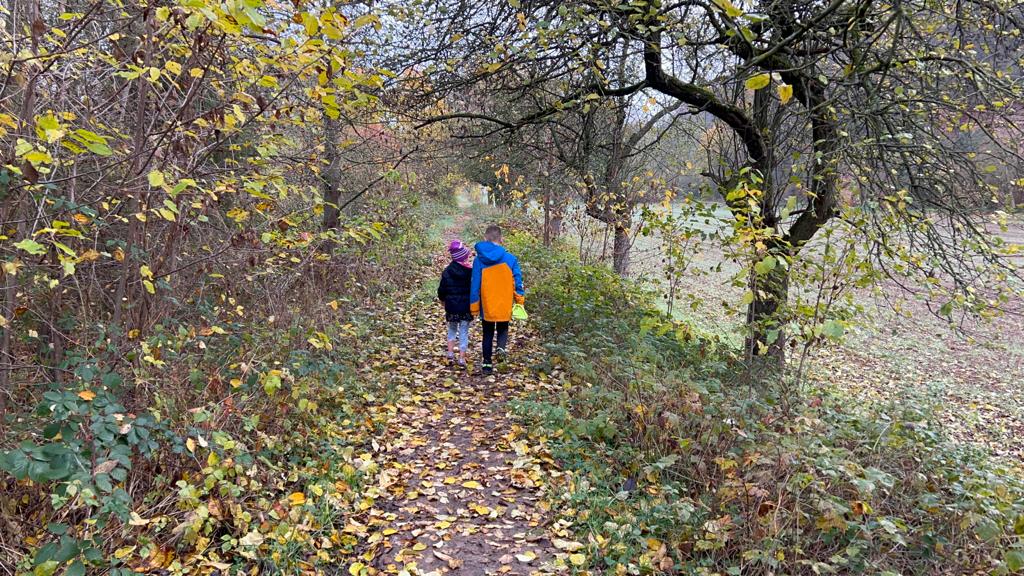
Crafting Great Questions
Well-crafted questions build relationship.
They expose gaps in knowledge, illuminate insights, cause reflection, and encourage empathy.
Think about the last time someone asked you a question that made you pause and reflect. How did it make you feel? Did they make you feel put on the spot? Or did you feel seen and heard? That’s the beauty of a great question. It invites reflection, sparks creativity, and can take a conversation somewhere unexpected.
What Makes a Great Question?
-
It creates a pause and reflection
A few seconds of silence allows the brain to trigger and move past the "lizard brain."
Instead of, “Why didn't the project succeed?” try, “What about this outcome surprised you the most?” -
It inspires creativity
Good questions help us pull together multiple ideas and thoughts.
Try asking a marketing team, “What’s a customer experience that made you feel you were heard?” -
It keeps the conversation moving
Great questions create momentum, allowing deeper reflection.
By asking, “How does our customer feel before they buy our product?” you can lead to, “How should they feel after buying our product?”
How Do You Build a Great Question?
-
Use Empathy
The best questions seek to understand, not judge.
Try asking, “What keeps you up at night?” instead of “What is your greatest challenge toward growth?” -
Engage genuine curiosity
Curiosity is contagious. When you really want to learn, others lean in.
“What do you enjoy the most about that approach?” -
Use what and how more than why
Depending on the context, “why” can come across as combative. “What” and “How” will almost always feel like invitations.
Would you rather hear: “Why isn't this project done yet?” or “What should we change to drive this project to close?” -
Leverage open-ended answer
If a question can be answered with a simple “Yes” or “No,” you might want to reframe it.
Go from: “Did the presentation go well?” to “What resonated the most with the prospect?” -
Don’t overlook a clear “Yes” or “No”
Sometimes the most powerful question is the simplest one—especially in negotiation or when a direct decision is needed. People often feel more at ease saying no first, so frame it that way.
“Are you uncomfortable with committing to a timeline?”
“Do you think it’s a bad idea to look at other options?”
How Do I Keep Engagement?
-
Be present
Great questions often come from noticing what’s happening right now.
Let questions drive toward the next one based on an answer.
“What resonated most with the client?”
“How could we leverage this insight to follow up with them?” -
Get specific
Vague questions get vague answers.
Instead of, “How’s the project going?” be more exact: “What’s the one thing slowing the project down right now?” -
Allow time for reflection
When emotions run high or the pressure is on, it’s tempting to push forward or just avoid the tension.
Sometimes it’s not the next question, but reframing the answer you heard. “What I hear you saying is... Is that accurate?”
Ask Away...
Great questions don’t have to be complicated—just thoughtful. They’re about curiosity, connection, and creating space for understanding.
So the next time you’re in a conversation, give a bit more space to how you ask the question. You might be surprised by where it takes you.


